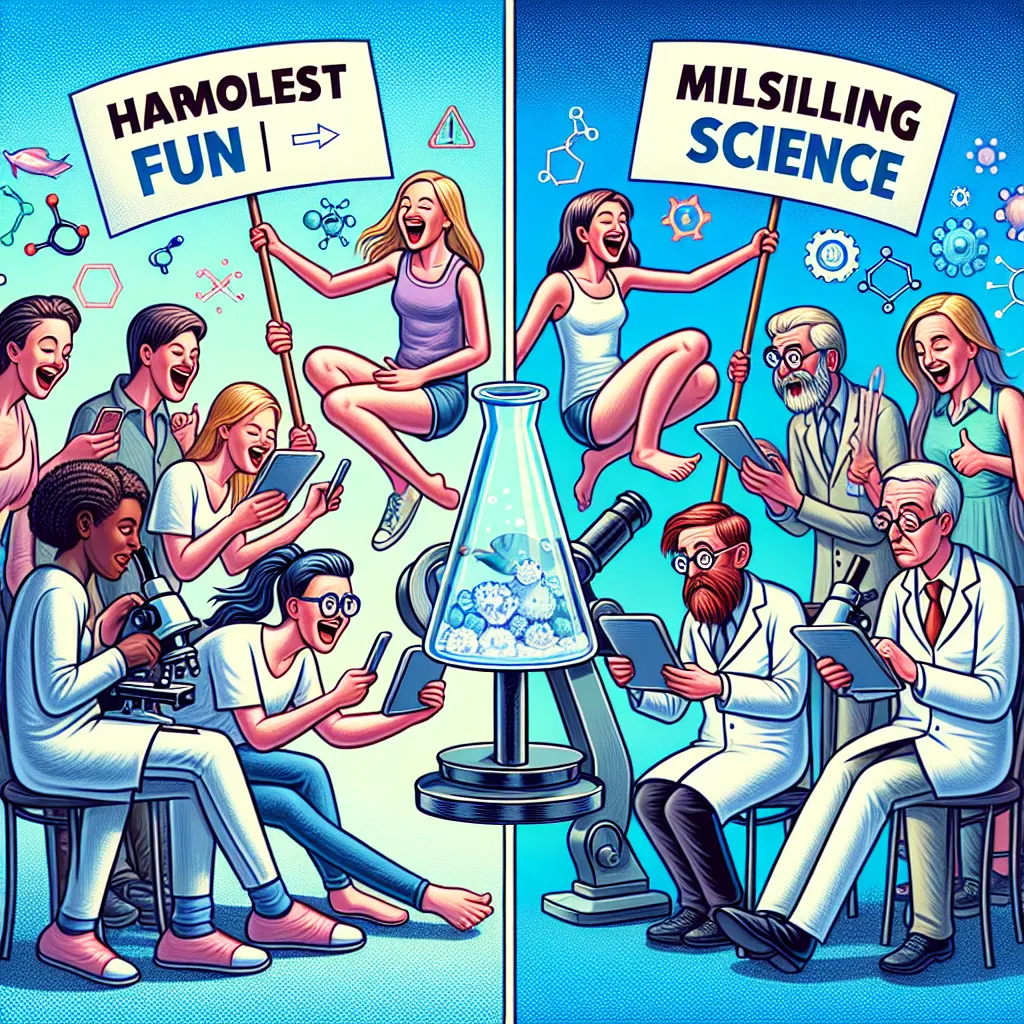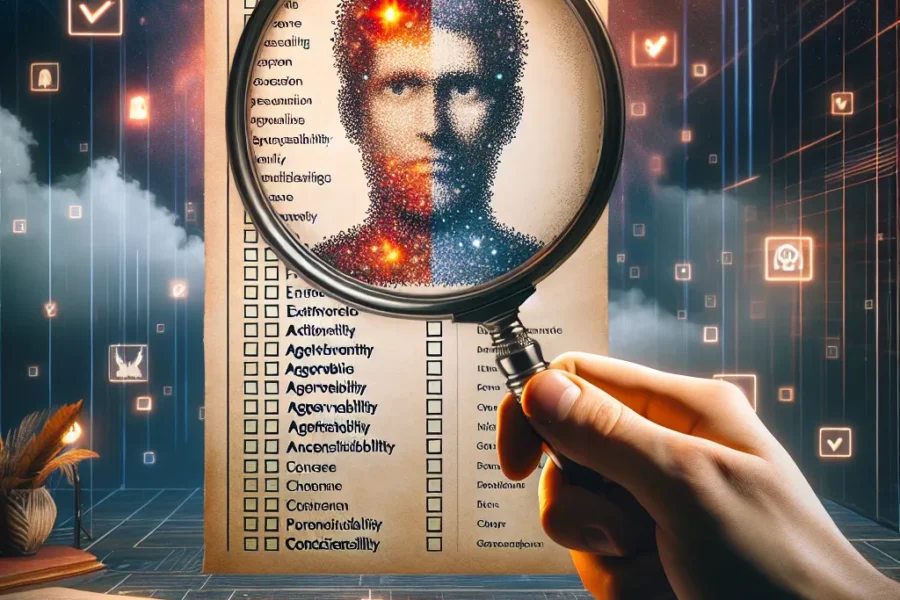Online Personality Quizzes: Harmless Fun or Misleading Science?
In today’s digital age, online personality quizzes have become a ubiquitous part of social media and websites, promising to reveal the intricacies of our characters. These quizzes often claim to tell us which celebrity we’re most like, what career we’re suited for, or even how smart we are based on our responses to a series of questions. But as we click through these engaging and often entertaining quizzes, one question emerges: are these quizzes merely harmless fun, or do they represent a form of misleading science?
At first glance, personality quizzes may seem like an innocent diversion. They’re usually free, readily accessible, and can provide immediate gratification. Many people enjoy sharing their quiz results on social media, prompting friends to join in the fun and compare outcomes. However, this engagement with seemingly innocuous quizzes can obscure a deeper inquiry into their scientific validity and ethical implications.
The Allure of Instant Self-Discovery
The appeal of online personality quizzes lies in their offer of instant self-discovery. People have an innate curiosity about themselves and how they fit into the world around them. Personality quizzes seem to provide quick answers to complex questions about our identity. They make the process of self-assessment simple and entertaining by breaking down personality into digestible, shareable chunks. But the ease of these quizzes comes with a trade-off: oversimplification.
The Science of Personality Assessment
The scientific study of personality is a nuanced field that encompasses various theories and metrics. Renowned models such as the Big Five or the Myers-Briggs Type Indicator (MBTI) have been developed by psychologists to understand personality traits systematically. These models are based on extensive research, and professionals often use them in organisational settings or counseling. However, even these established models are not without their critics, who question their predictive power and reliability.
In contrast, most online personality quizzes lack the methodological rigor and theoretical grounding of professional assessments. The instantaneous nature of these quizzes does not allow for the depth and complexity that genuine psychological evaluation requires. Therefore, while they often borrow the language of legitimate psychology, many quizzes do not adhere to scientific standards. They may be based on superficial or arbitrary criteria, leading to results that lack validity and can be vastly different from one another.
Potential Risks and Misconceptions
Despite being marketed as fun, online personality quizzes can have unforeseen consequences. One significant concern is that they may propagate psychological misconceptions. Participants might take quiz outcomes at face value, misunderstanding or overestimating the accuracy of the results. This could lead to misguided self-perceptions or an overemphasis on certain traits that might not actually be a significant part of one’s personality.
Data Privacy and Ethical Concerns
Another rising concern is data privacy. Personality quizzes often require users to provide personal information or require access to social media profiles. Unbeknownst to the quiz-taker, this information can be used for marketing purposes, sold to third parties, or even used to target individuals with specific advertisements based on their psychological profile. This exploitation of personal data raises ethical questions about consent and privacy in the digital sphere.
The Impact on Personality Perception
The prevalence of these quizzes can shape public perceptions of what constitutes valid personality assessment. Pseudo-scientific quizzes may lead to oversimplified views of personality, detracting from the appreciation of human complexity and the value of in-depth psychological research. Furthermore, they may foster a culture that seeks quick answers instead of embracing a journey of self-exploration that acknowledges uncertainties and nuances.
The balance between science and entertainment is a delicate one. While it’s important to highlight the light-hearted nature of these quizzes, it’s equally important to encourage the public to approach them with a healthy dose of skepticism. Engaging with more substantial forms of personality assessment, guided by professionals, can offer a more accurate and valuable exploration of oneself without the trappings of instant gratification and dubious science.
The Role of Transparency
Transparency is key in mitigating some of the negative aspects of online personality quizzes. Quiz creators should be upfront about the purpose and limitations of their quizzes. Users should be informed that the results are for entertainment purposes only and do not reflect a rigorous psychological evaluation. Clear communication about data usage and privacy should also be a priority, helping users make informed decisions about their participation.
Education and Critical Thinking
To counteract the potential harmful effects of these quizzes, promotion of critical thinking skills is essential. Educating the public about the basics of personality theory and research methodologies can empower individuals to discern between legitimate psychological resources and those designed solely for entertainment. By cultivating a more scientifically literate society, we can enjoy the fun of online quizzes while maintaining a critical eye toward their content and implications.
In Conclusion
Online personality quizzes can be a source of enjoyment and a way to engage with friends and family. Nevertheless, it’s crucial to recognize that they are not substitutes for serious scientific personality assessments and should be approached with a sense of play rather than a quest for self-knowledge. By understanding their entertainment value and limitations, we can responsibly enjoy these quizzes without falling into the trap of misleading science. As we navigate the immense landscape of the internet, let us remember to balance our curiosity with caution and our desire for self-knowledge with an understanding of the complexity of human psychology.



Leave a Comment